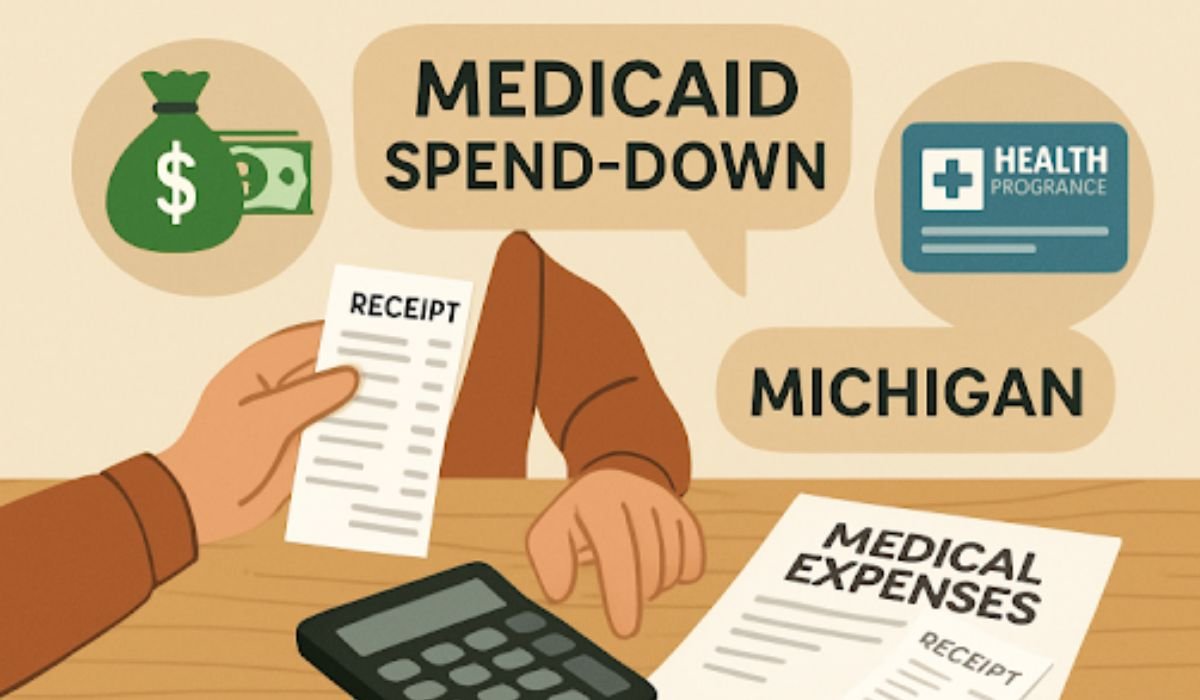Divorce can be a complicated and emotional process, especially when children are involved. One of the biggest challenges for parents is understanding their legal financial obligations after a divorce. These responsibilities include things like child support, alimony, and other financial settlements.
Figuring all this out can feel overwhelming, but knowing what to expect can help make things easier.
Understanding Child Support
Child support is money that one parent pays to help cover the child care expenses. Each state has its own rules for calculating child support. They usually consider the parents’ incomes, the number of children, and custody arrangements.
This means that the amount of child support can vary depending on where you live and your financial situation. The goal of child support is to make sure children have what they need to grow and thrive, even if their parents are no longer together.
When and How to Apply for Child Support
To set up child support, parents often go to their local family court. The court helps determine a fair amount based on the parents’ situations.
Applying for child support services can help parents receive the financial assistance needed for their children. Financial disclosure and modification of support will aid in the process.
The Role of Alimony
Another type of financial support that might come up after a divorce is alimony, also known as spousal support. Alimony is money that one spouse may pay to the other to help them adjust financially after the divorce.
Alimony payments are usually meant to last for a limited time, giving the receiving spouse time to become financially stable. The court decides if alimony is necessary. It considers the marriage’s duration, both spouses’ finances, and their lifestyle during it.
Types of Alimony
There are generally three types of alimony:
Temporary Alimony
Payments made during the divorce proceedings.
Rehabilitative Alimony
Short-term support is aimed at helping the receiving spouse gain skills or education to become self-sufficient.
Permanent Alimony
Ongoing support may be awarded in longer marriages where the recipient is unable to achieve financial independence.
Understanding these different forms of alimony can help both parties prepare for what to expect financially.
Additional Financial Considerations
Besides child support and alimony, divorced parents need to think about other expenses that come up when raising children. This might include healthcare costs, such as doctor visits and insurance.
School-related expenses and fees for activities like sports or music should also be considered. Childcare can also be a big expense, especially if both parents work.
It’s important for divorced parents to come up with a clear plan for how they will share these additional costs. A written financial disclosure agreement can help. It prevents misunderstandings and clarifies who will pay for what.
Importance of Understanding Legal Financial Obligations
Understanding these legal financial obligations after a divorce can seem like a lot, but it’s important to ensure your child’s well-being and keep your own finances in good shape. Taking the time to learn about child support, alimony, and additional costs can help you make informed decisions.
If it all feels too complicated, getting help from financial or legal experts can provide clarity. Taking these steps now will help you and your child have a more secure future.
For more legal advice, follow us.











